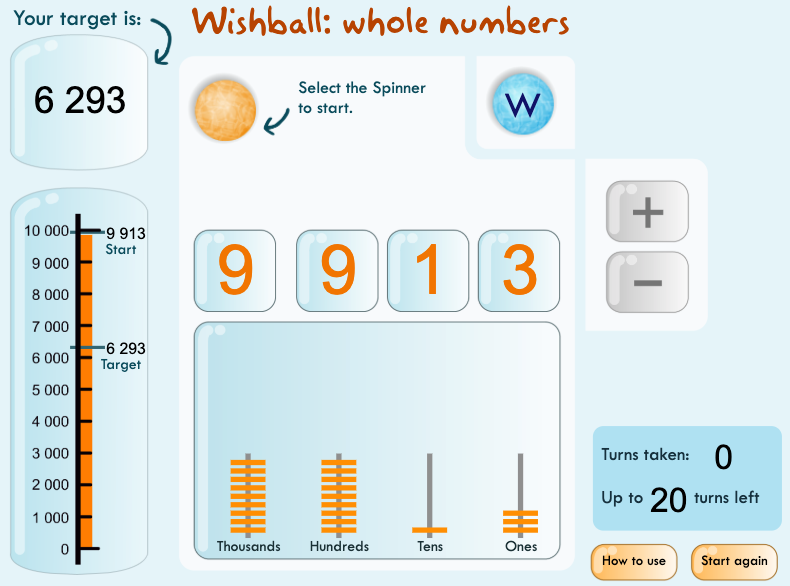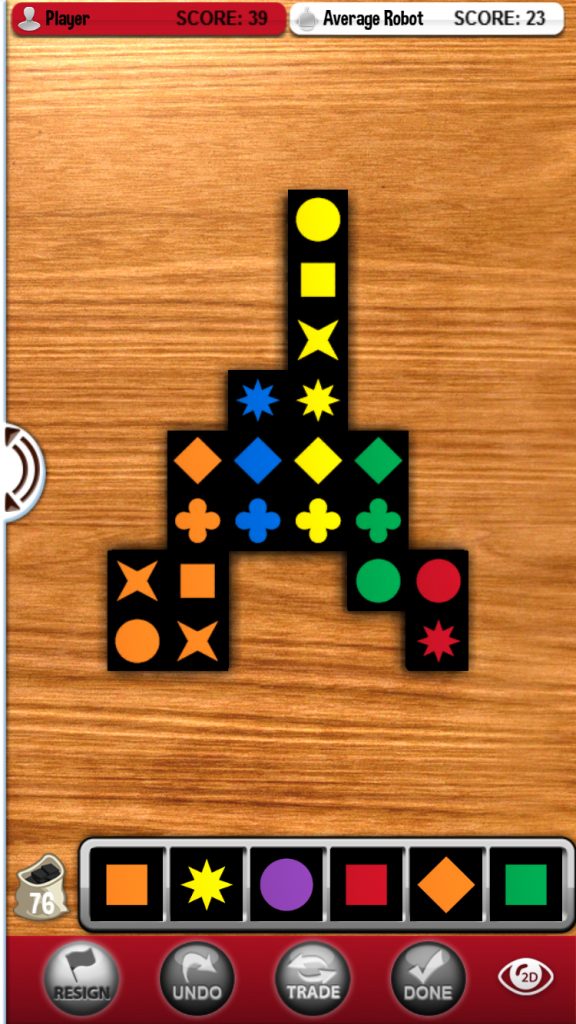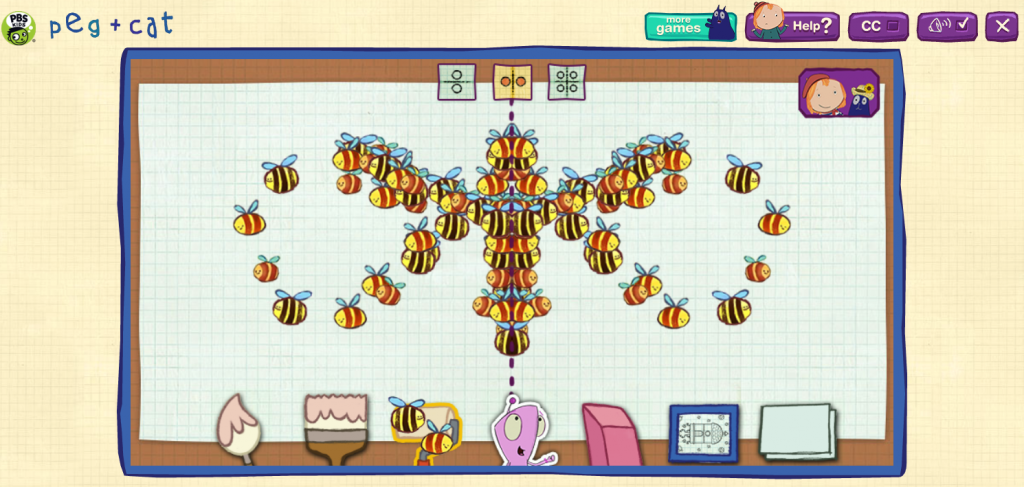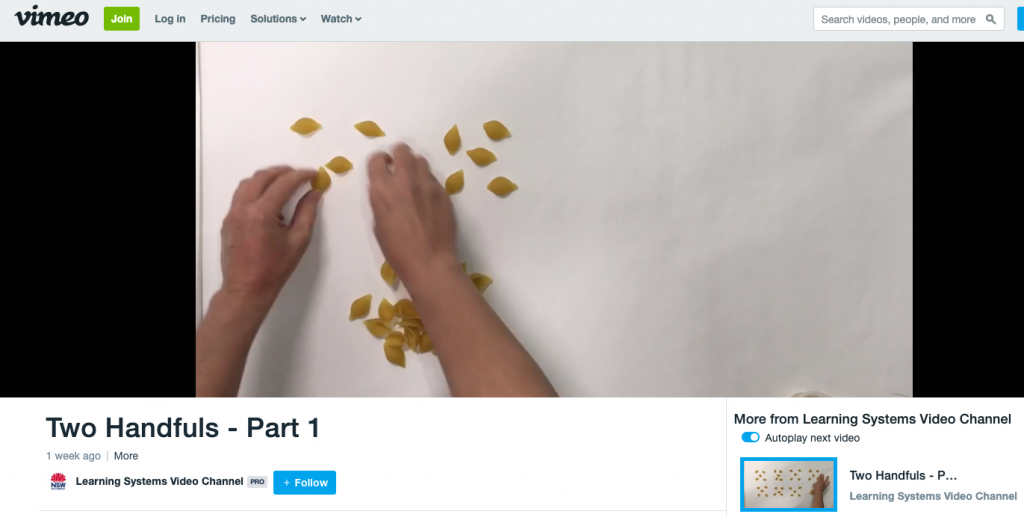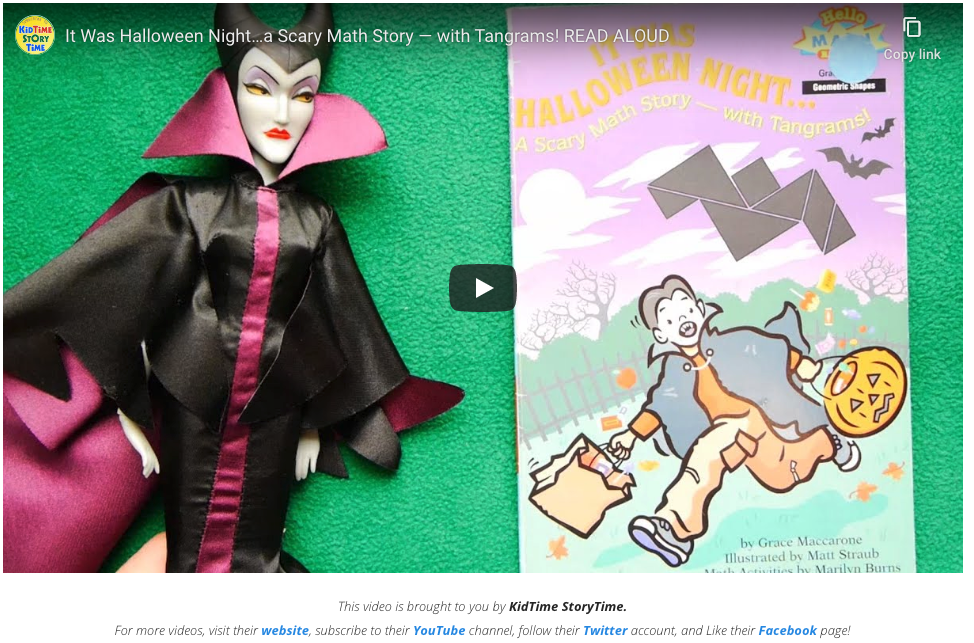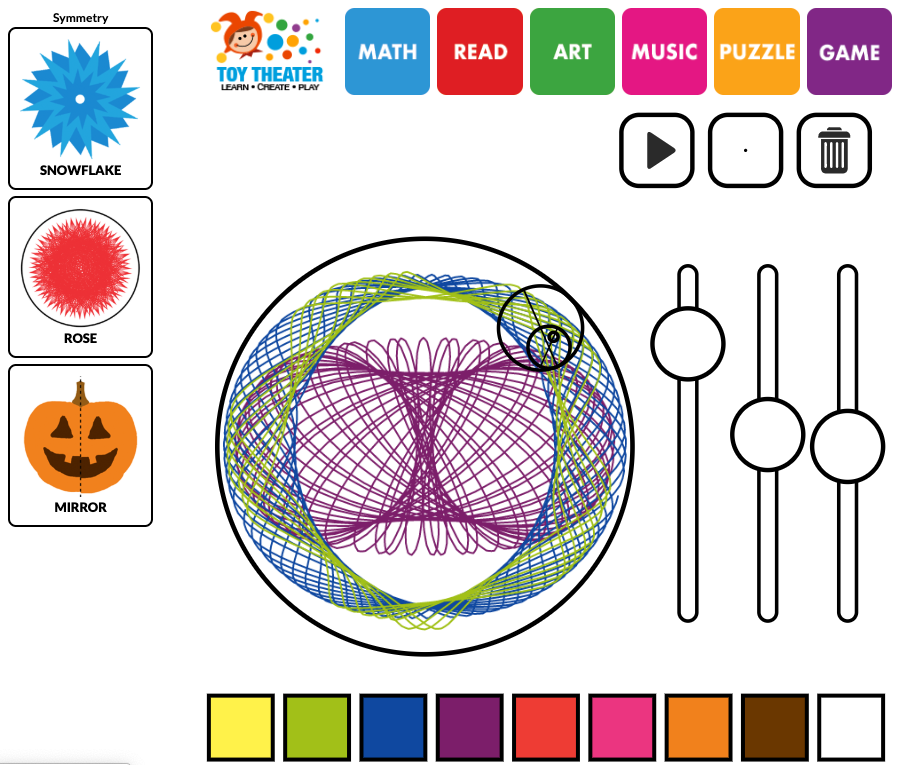This week’s blog is to assist parents and carers who are WFH and helping children with learning from home. A friend of mine who is a primary school principal contacted me this week with a request for mathematics activities/games/sites that are easy for kids to complete independently but still educationally sound. I think this is a great request and I wanted to share the ideas in my blog that I gave for her school community.
I too am currently WFH, studying, and supporting my children with learning from home. Both of my children’s schools are providing excellent tasks for my girls to complete and as an educator, I guess I have an advantage that I can assist my kids when they need help or guidance. But when work and study for me gets busy, it is really difficult to juggle and I have limited time to sit with my children. I think that is why my friend asked her question. I have suggested great mathematics games and some sites in my previous blog, but these mainly need a parent or helper present.
So this week, my top 10 maths ideas are more for students to complete independently, particularly for times when parents or carers get busy or overwhelmed but would still like their children working on tasks that are mathematically appropriate and quality. So here goes, I hope you find these useful!
1. ABC Splash games
The ABC education site has lots of videos, lessons, ideas and games that link to different areas of the curriculum. They have links to some great mathematics games your child can play online. Most of them link to Scootle (an educational resource portal) and may require flash to be enabled. My favourite is wishball, there are different variations of wishball but I’d start with the original dealing with whole numbers. It’s easy to set up on a computer for children to play, the idea is to reach the target number in the least number of turns.
2. Ipad Apps
In these times it is inevitable that children will spend more time online or on iPad or other devices. In the short term, it is definitely not something I’m worrying about! There are some great games that deal with mathematical concepts – not just ‘doing maths’. Catherine Attard a few years ago made a great document with a comprehensive list of apps (scroll to page 21 for the game apps). The list may be a bit dated but some of the apps are still available, useful and fun. Some of my favourites are: 2048, KenKen and Slices. I also love board games that are now apps, my current favourite is Quirkle. The offical version of the app is not free ($4.99), if you want a free version they do come up when you search for quirkle. We’ve been playing it with people we know in the game centre on the iPad or phone and Zooming (video conferencing) at the same time.
3. PBS kids
PBS kids has been a site I have used for many years for mathematics games in the classroom as a teacher. The site is from USA so be mindful that some of the games may not be appropriate for some mathematical concepts like length or mass as they do not use metric measurements. I really liked Cyberchase builder that was about geometry, this is now an app. They still have some designing activities in the Design Squad section (some supervision may be required). I also like the Peg + Cat symmetry game.
4. Playing with blocks, playdough and more
Daughter C (11 years old) just finished the whole set of Jenga Views puzzles. She was very proud of herself. (Puzzles can be found here https://t.co/9px8ObJiHt) #Homeschooling2020 😍 pic.twitter.com/TzqrAYGjdB
— David Butler (@DavidKButlerUoA) April 1, 2020
When you have younger children at home you still want ideas for mathematics activities that they can do my themselves. Using blocks or Lego to construct towers, bridges, symmetrical patterns or houses are all mathematically rich tasks. It allows students to play with the mathematics and work with ideas such as: symmetry, shape, perspective, height, length, area, stacking, packing and position. Providing students with lots of one item to count, especially large collections (like pasta, bottle tops, pencils), is great for building efficient counting skills. If you have playdough at home or are keen to make some, these playdough mats are great for independent tasks. Or building with Jenga blocks, like this exploration David Butler shared this week.
5. youcubed at home
Many teachers already access Jo Boaler’s site youcubed. They now have learning from home resources which I think is great. Some of these can be completed alone and some do require assistance from a parent or carer but they do have videos included to help. A few of the tasks like the paper folding are from youcubed Week of Inspirational maths, if you are a NSW teacher, I mapped these tasks to our NSW syllabus, these can be found on our resources page.
6. Department of Education maths games videos
The mathematics team at the NSW Department of Education have been working hard to prepare support resources for both teachers teaching remotely and also for parents and carers at home. You can access all their resources for learning from home here. Michelle Tregoning and Ayesha Ali Khan have also made some super helpful videos of them playing games that are a great resource for parents. This one about handfuls links well with my comment above around counting large collections.
7. Estimation180 challenges
This site was shared with me a few years ago when I started getting interested in using images in the classroom to engage students in mathematical talk. This site puts up a new image everyday for children to estimate, like this one about the ferris wheel. Children can go through each image and try to answer the question, the answers are also included on the site. They have also recently uploaded a video about conducting a scavenger hunt at home.
8. Interactive online games
Online mathematics games are probably not my favourite resource to recommend as they often include games and levels that rely more on speed than on understanding. They are also often focused more on basic fact recall than on deeper understanding. However, that said, if your kids are interested in the games, and they enjoy them, then doing some mathematics is better than no mathematics! Some children also enjoy the level challenge. You just need to be critical as you use or access any of these sites and make the judgement for yourself if you think they are quality. I’ve tried my best to find some game sites that fit with my beliefs about teaching (I’m only recommending sites that are free – schools often already have access to some paid commercial sites such as Mathletics, Matific or Prodigy) .
- Illuminations, my favourite game is Pick-a-path
- Manga high
- Funbrain games
- ABCYA games like fuzz bug number bonds builds knowledge of combinations
- @AMSIschools also had a good twitter thread this week with some other generic maths resource ideas.
- Splashlearn
- Math playground
- Kids maths games online problem solving
- cool maths games
- Mathigon, not a game exactly, but I love playing with the tangram builder and the polypad!
9. Reading maths stories
Reading about mathematics is just as important as ‘doing’ the mathematics. There are plenty of wonderful picture books that illustrate mathematical concepts (this list is also helpful). If you don’t already have these types of books at home, the website has read-a-loud books, some mathematics-specific videos children can watch and listen to on the math through stories website.
10. Maths through art
You should also provide your child with opportunities to see and play with mathematics outside of the ‘maths lesson’. My youngest daughter has been given some great drawing tasks from her teacher where you can draw along with a youtube video (this one on fighting fish, and this one on the peacock). Although they are producing similar artworks, there is so much mathematics within this type of task: following directions (about shape, form, size, position and line), enlarging or reducing to fit within the page you are using, visualisation and proportional thinking. Here’s a nice blog about art and mathematics with some ideas. This is also a cool little website for creating spirals.
These ideas will hopefully make including mathematics in your everyday learning from home a bit easier. Remember, this is a massive change in how we relate with our children. Even for me, an experienced mathematics educator, it’s still been a change that requires not only flexibility in our home schedule, but permission to not get stressed if things don’t go as planned (Wednesdays seem to be the hard day for us so far!) It’s ok if you don’t do mathematics everyday, the important thing is that your child still has a love for learning and is still curious. If you do want to do more hands-on activities with your child, nrich have some lovely maths at home tasks as well. If the TV is what works, Number Blocks is also a great show for young learners.
